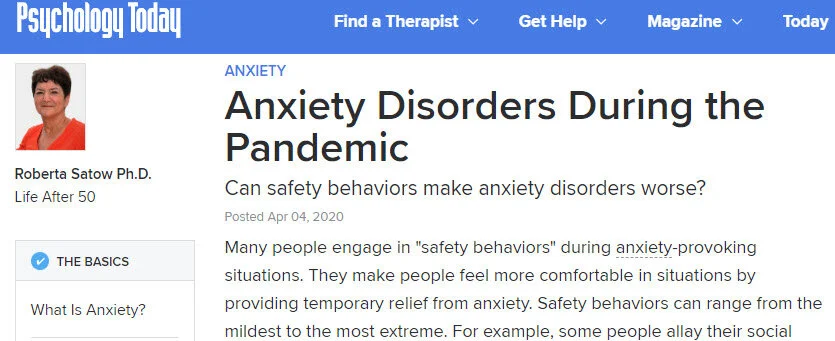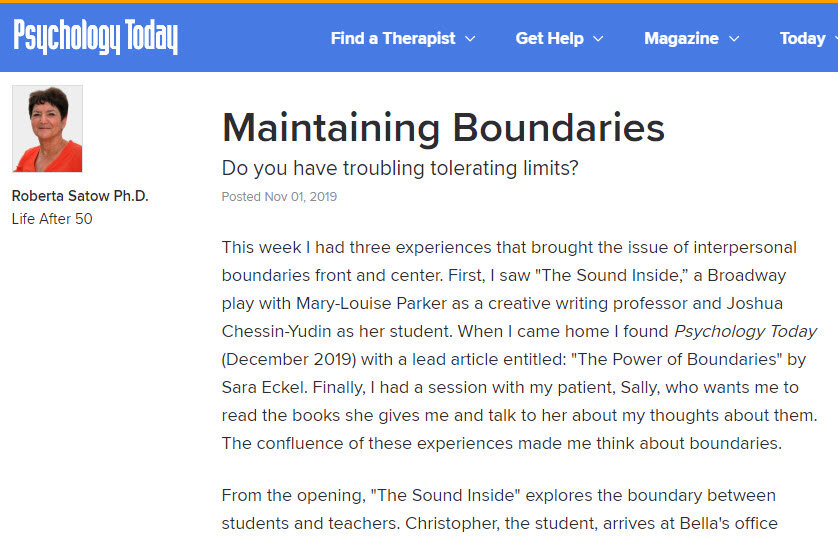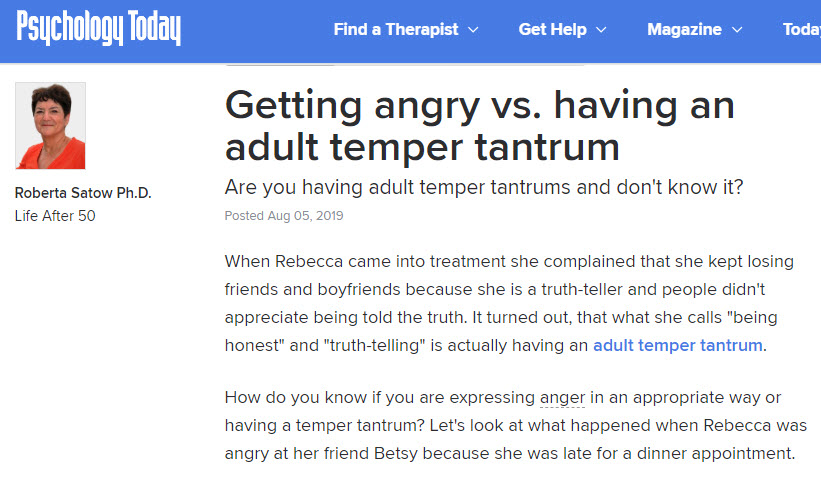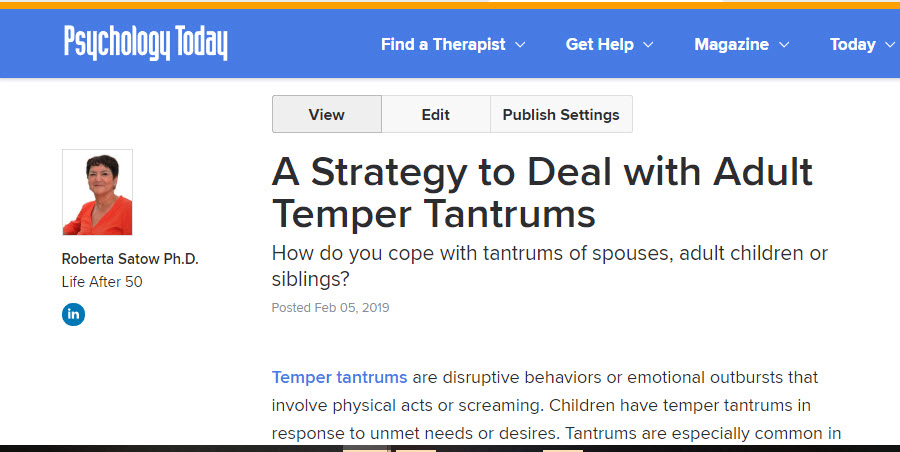President Trump has flaunted the idea of disregarding social norms and government advisories. He has sent out a message to all of America’s adults and children: “The law does not apply to me. I am special. Only suckers obey the law.” This Thanksgiving holiday demonstrated that the intergenerational transmission of narcissism is widespread in this country.
Many states, such as New York, Maryland, Pennsylvania, and Massachusetts, issued stay-at-home advisories; the CDC issued an advisory against travelling over Thanksgiving. Nevertheless, Thanksgiving eve was the busiest air travel day of the pandemic; many other people drove to visit relatives. All of these families disregarded their government advisories and sent a booming message to their children: “We are special! We do not have to obey the government! We don’t have to worry about spreading a deadly virus!”
















